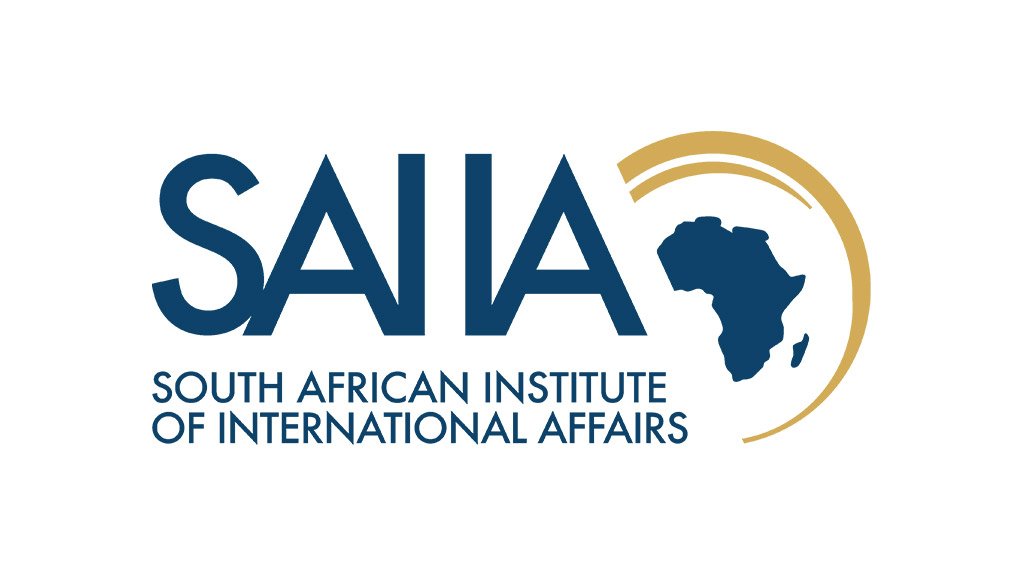The Zimbabwean Government under President Emmerson Mnangagwa acceded to the African Peer Review Mechanism (APRM) in February of 2020.
Zimbabwe became the 39th African state to sign up. While the move has been a positive step, there has been limited movement from government since then around the setting up of the necessary local structures for this process and sensitising the wide array of stakeholders that could play a role. Civil society organisations (CSOs) in Zimbabwe have nevertheless forged ahead.
But what is the APRM?
The APRM is Africa’s voluntary governance review and promotion tool established in 2003. It is based on the belief that dialogue, peer pressure, diplomacy and civil society involvement can catalyse continuous reform around the area of good governance. The mechanism measures adherence to African and global standards across four main thematic areas: democracy and political governance, economic governance and management, corporate governance, and socio-economic development.
The self-assessment tool is based on a 105-page questionnaire, which needs varied research and consultation methods as it covers almost every governance theme. The country prepares a self-assessment report, and then is visited by African experts who test its veracity. The head of state and government presents the final report to his or her peers, and pledges to implement the resultant National Programme of Action.
The APRM is envisaged as a continuous process, not something that will happen once; it is supposed to be a country-wide initiative, not just a government one. Thus, participation of civil society, academia, business, and parliament is very important.
The APRM’s rules require that civil society be meaningfully involved in each country’s review journey. In a collaborative effort with government and the private sector, civil society will help to diagnose governance strengths and weaknesses and develop appropriate and applicable remedies.
Identifying 11 key governance issues
In January 2021, the Zimbabwe APRM Popular Sensitisation Project (ZAPS) was launched. The project aims to enhance the participation of civil society in the APRM, through capacity-building, fostering better knowledge of the APRM and its rules and opportunities with the aim of co-creating a written initial submission on the key governance issues.
Months of work have culminated in the development of a report, “Civil society submission to the APRM in Zimbabwe”, by a working group of Zimbabwean-based CSOs, with administrative support from SIVIO Institute and technical support from the South African Institute of International Affairs (SAIIA).
The Zimbabwean APRM Civil Society Working Group has identified and discussed 11 broad issues in this report, making substantive recommendations to address each of them. These issues are: constitutionalism; good political governance; rule of law, militarisation of politics and organised violence; democracy and elections, corruption; responsive governance: transparency and accountability; shrinking civic space; gender equality and social inclusion; public goods, service delivery and citizen welfare; economic governance and the economic crisis in Zimbabwe; and corporate governance in Zimbabwe: the case of parastatals.
Hopefully, this report will be a stepping-stone towards further engagement around the APRM in Zimbabwe so the country can take the necessary steps towards operationalising the national APRM process. This will ensure that a cross-section of stakeholders work together towards a more open civic space for CSOs and citizens through the dialogue it promotes. It is also an opportunity for Zimbabwe to showcase its best practices to its peers.
A well-run, inclusive and transparent process can promote accountability in the country and advance Zimbabwe’s attempts at developing and improving the lives and livelihoods of its citizens. The civil society submission is an important first step in this regard.
SIVIO Institute is an independent think tank focused on ensuring that citizens are at the centre for processes of socio-economic development. It seeks to contribute towards inclusive societies. SIVIO’s work entails multi-disciplinary cutting-edge policy research and nurturing citizens’ agency. SIVIO Institute provided administrative support to the working group of Zimbabwean CSOs that developed the report. The views expressed in this wider report are those of the Working Group and do not necessarily reflect those of SIVIO Institute.
Published on the South African Institute of International Affairs website
EMAIL THIS ARTICLE SAVE THIS ARTICLE ARTICLE ENQUIRY FEEDBACK
To subscribe email subscriptions@creamermedia.co.za or click here
To advertise email advertising@creamermedia.co.za or click here











